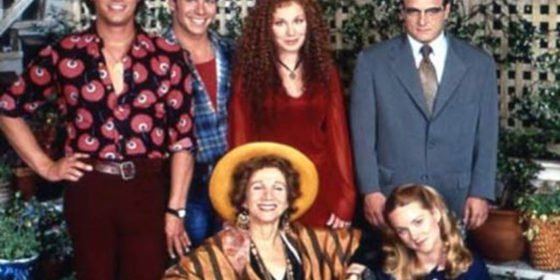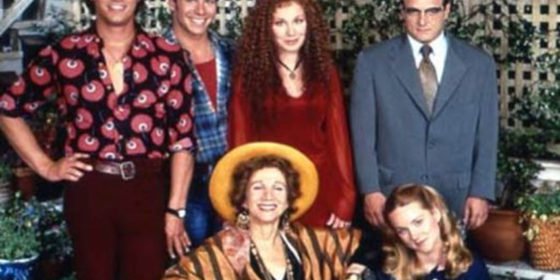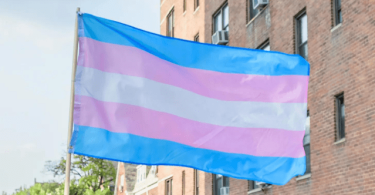
San Francisco’s 28 Barbary Lane, the fictional setting of writer Armistead Maupin’s Tales of The City book series, was filled with LGBTI residents as well as straight residents.
However, all those residents were white. No people of color lived in the anything-goes apartment complex.
That was a ‘mistake’ and one that will be corrected when the new Tales of the City television series debuts on Netflix next year, the writer acknowledged.
Following a screening of a new documentary, The Untold Tales of Armistead Maupin, on Friday (14 July) at Outfest, the annual Los Angeles LGBTI film festival, the writer blamed that lack of inclusion on his own inexperience.
‘I was scared as a writer that I would look uncool if I tried to represent people who weren’t of my race and didn’t do it well,’ Maupin confessed to the Outfest audience.
‘That’s just stupid,’ he continued. ‘I took on lesbians and I didn’t think I knew anything about them. As I said in the [documentary], it’s about the human heart, so that was a mistake on my part.’
 Twitter
TwitterWriter Armistead Maupin
The Advocate reported that Maupin’s words came in response to an audience question from someone identifying as a ‘black queer’ who noted the ‘distinct lack of representation’ in the series.
Maupin said he understood the audience member’s frustration and frequently shared that same frustration.
‘I know how I felt as a queer person not seeing myself represented in culture,’ said the 73-year-old Maupin, who was raised in a conservative North Carolina family.
‘We are really remedying that in the new Tales of the City, the new [Netflix] television series,’ said Maupin. ‘If I’m given credit for educating the rest of the world, I’ve also been educating myself in this whole process. But yeah, I agree with you, and we’re gonna do something about it.’
Acclaimed book series
The critically acclaimed Tales of the City stories originally appeared in serialized form in the San Francisco Chronicle newspaper, starting in 1976.
The stories captured the sexual freedom of the 1970s as well as the despair of the AIDS epidemic of the 1980s.
Because the stories were being written just days (and sometimes hours) before being published, Maupin was able to have his characters respond to current events.
For example, the character of Mouse came out to his father in the stories in direct response to Anita Bryant’s anti-gay crusade.
The stories were later compiled into book form, beginning with Tales of the City (1978), More Tales of the City (1980), Further Tales of the City (1982), Babycakes (1984) and Significant Others (1987).
Starting with Sure of You (1989), Maupin skipped the newspaper serialization and published the stories directly as books.
Maupin took an 18-year-break from the characters before reviving them in Michael Tolliver Lives (2007), Mary Ann in Autumn (2010) and The Days of Anna Madrigal (2014).
Television mini-series
Tales of the City was adapted into a six-hour television mini-series starring Laura Linney as Mary Ann Singleton and Olympia Dukakis as transgender landlady Anna Madrigal.
The mini-series was produced by Britain’s Channel 4, and aired in America on PBS (Public Broadcasting System) in early 1994. However, with several scenes of full nudity and a male-male kiss, it left some of PBS’s conservative viewers and donors uncomfortable.
The two subsequent Tales mini-series, based on the next two books in the series, aired on the pay cable channel Showtime in 1998 and 2001.
Netflix announced in late June that it was reviving the series. Linney and Dukakis are both signed to reprise their roles.
Maupin’s new memoir, Logical Family, is due to be published in October.
In conjunction, the Maupin documentary that screened at Outfest will be released theatrically in October. It is also scheduled to air on PBS in January, and then will be available for streaming on Amazon.







